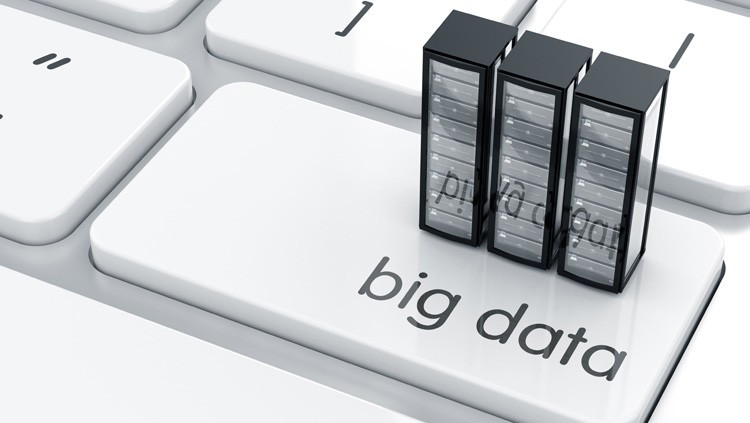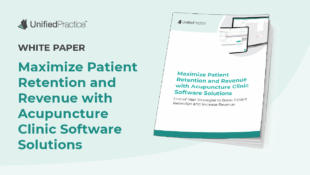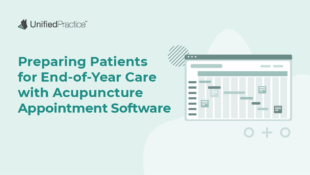Are you concerned about the anonymous collection of data from different web cloud based services? Does this question elicit thoughts of Edward Snowden, NSA hacking, or the current controversy surrounding Apple not helping the FBI gain access to iPhone data in the San Bernardino tragedy? Do these big data and/or privacy concerns affect your perceptions of Acupuncture EHRs? Let’s discuss some similarities and differences in how big data is used in relation to EHRs.
First off- let’s think about a scenario you’d probably approve of involving data analysis. For example, a company like Netflix or Spotify uses data to understand what you and other users like. Netflix and Spotify analyzes your private viewing data and your ratings to help recommend movies and music you might like. Now imagine analyzing millions and millions of reviews and ratings that help Netflix decide what shows to produce- the next show you’ll love. Netflix, Pandora, Amazon, Gmail, Facebook and a myriad of other services you use do the same thing. They collect data about their users to improve their product, better understand their customers so they can build the right features to support the end user- you.
Now let’s talk about Acupuncture EHRs. There is potential for big data collection associated with TCM EHRs- Yes. Firstly, data analyzed from EHRs is anonymous so patient privacy is maintained otherwise, this would violate HIPAA and the EHR company could not say they are HIPAA compliant. Secondly, the data you contribute would be used to support medical research, improve the quality and safety of patient care and support the efficacy of TCM though informatics. We now have more information than ever to help further (Western & Eastern) medical research and our understanding of health. The more data from acupuncturists, the more data available to do informatics research (EAM/TCM), expanding our evidence base. Through an acupuncture practice management software like Unified Practice anonymous contributions of clinical records provides the data that will help uplift our profession, expand our scope of practice, and improve our reputation in medicine. Big data means more legitimacy, which ultimately results in TCM becoming the “standard of care” for more diseases. Consequently this would create more job opportunities and make it easier for more practitioners to be successful doing what they love.
One final note- a common concern associated with big data collection is the loss of privacy and the potential for hacking. It’s easy to feel uneasy about it, but keep in mind that utilizing information provided by big data is legal, anonymous, and not detrimental to you or anyone else. The use of big data will become more prominent in our lives, and will get better (and less obnoxious over time). Keep an open mind to how that anonymized data is improving your life and the lives of your patients. Maybe one day when you begin your own official research project you’ll give us a call.
Guest blog post by Thomas Meade.




